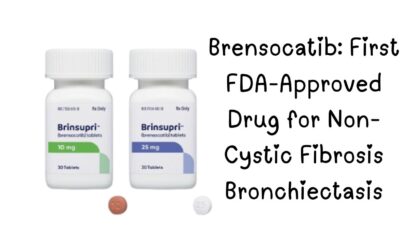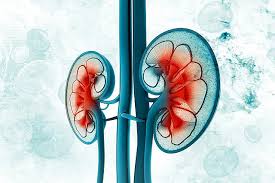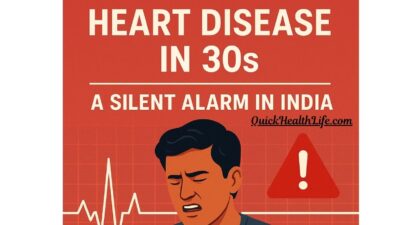Protein is essential for muscle growth, metabolism, and overall health—but too much of the wrong kind can silently damage your kidneys. Many people unknowingly make protein mistakes that increase their risk of chronic kidney disease (CKD), especially if they have diabetes, high blood pressure, or poor hydration habits.
Table of Contents
Overloading on Red & Processed Meats
Why It’s Dangerous:
- Increases kidney filtration pressure, leading to hyperfiltration (a risk factor for CKD).
- Doubles CKD risk compared to plant-based protein sources (study in Kidney International).
- High in saturated fats, sodium, and phosphates, which strain kidney function.
Fix It:
✔ Limit red meat to 1-2 servings per week.
✔ Swap for fish, poultry, eggs, or plant proteins (beans, lentils, tofu).
Relying Too Much on Protein Powders
Why It’s Dangerous:
- Many protein powders contain heavy metals (lead, arsenic, cadmium) linked to kidney damage.
- Often loaded with hidden sugars, sodium, and artificial additives.
- No FDA regulation means inconsistent safety standards.
Fix It:
✔ Choose whole-food proteins (Greek yogurt, eggs, cottage cheese).
✔ If using powders, pick third-party tested brands (look for NSF or Informed Choice certification).
Skipping Kidney Function Tests
Why It’s Dangerous:
- 1 in 7 adults has CKD, and 90% don’t know it (National Kidney Foundation).
- Early kidney damage has no symptoms—only blood/urine tests can detect it.
Fix It:
✔ Get tested annually if you’re:
- Over 60 years old
- Diabetic or hypertensive
- A frequent protein supplement user
✔ Tests to ask for:
- eGFR (blood test)
- Urine albumin test
Ignoring Plant-Based Proteins
Why It’s Dangerous:
- 70% lower CKD risk in people who eat more plant proteins (JAMA Internal Medicine).
- Animal proteins increase acid load, forcing kidneys to work harder.
Fix It:
✔ Follow a 50/50 rule: Half plant, half animal protein.
✔ Best kidney-friendly plant proteins:
- Lentils
- Chickpeas
- Tofu & tempeh
- Quinoa
Not Drinking Enough Water
Why It’s Dangerous:
- Protein metabolism produces urea, requiring water for kidney filtration.
- Dehydration thickens urine, increasing kidney stone risk.
Fix It:
✔ Drink at least 2-3L daily (more if you eat high protein).
✔ Hydration rule: 1 glass of water per 20g of protein.
FAQs About Protein & Kidney Health
1. How much protein is safe for kidneys?
- 0.8g per kg of body weight (general health).
- 1.2-1.6g per kg (if active or elderly—but monitor kidney function).
2. Can too much protein cause kidney failure?
Yes, long-term overconsumption (especially with existing CKD) can accelerate damage.
3. What are the best kidney-safe proteins?
- Eggs
- Fish (salmon, cod)
- Lentils & chickpeas
- Low-fat dairy
4. Do protein shakes damage kidneys?
Potentially—if they contain heavy metals, excess sodium, or artificial additives.
5. Can kidneys recover from protein damage?
Early-stage damage can sometimes be reversed with diet changes. Advanced CKD is irreversible.



